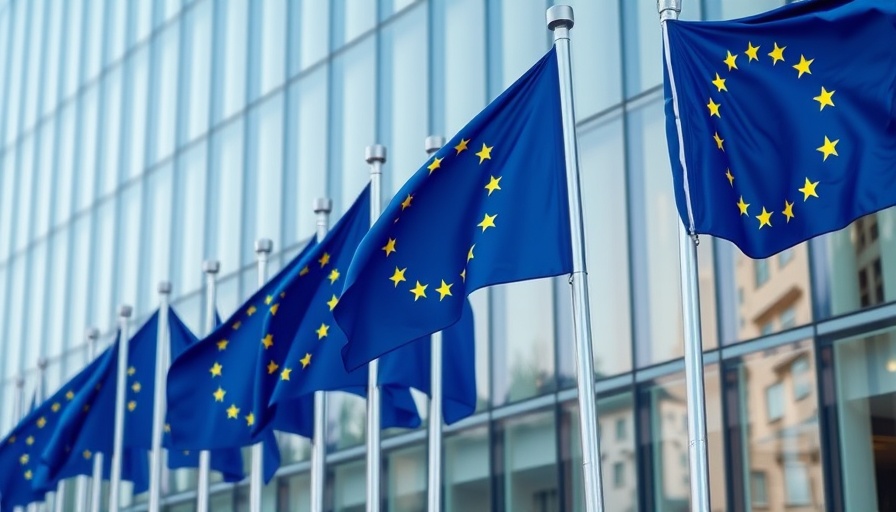
Dependence on U.S. Tech: A Growing Concern for Europe
In a dynamic geopolitical climate, European leaders are expressing mounting concerns over their reliance on American technology. A recent report by The New York Times highlights that discussions are intensifying among European governments following a sequence of controversial actions by U.S. tech giants, particularly Microsoft, which recently acted on sanctions imposed by the Trump administration. This moment is seen as a catalyst prompting European organizations to reconsider their dependence on U.S. technology.
The Flashpoint: A Controversial Decision
The controversy erupted when Microsoft suspended the email account of Karim Khan, the prosecuting attorney at the International Criminal Court (ICC), after sanctions were placed on him by the U.S. government. The decision, described by former Microsoft diplomat Casper Klynge as the "smoking gun," indicates the extent to which American firms are obligated to abide by U.S. government requests. Such instances raise questions regarding data sovereignty and the autonomy of European institutions, making alternatives like Swiss email provider Proton increasingly appealing. "If the U.S. administration goes after certain organizations, the fear is American companies will comply without hesitation," Klynge noted.
Analyzing the Impact on European Businesses
For professionals in technology-driven industries, this pivot away from U.S. tech signals broader trends in tech industry innovations. Companies are exploring local alternatives that provide greater safety and compliance with European regulations. The implications stretch into sectors including healthcare, finance, and sustainability, where data security is paramount. Enterprises that successfully integrate localized technologies could gain a competitive edge in their respective markets.
Potential Paths Forward: Emerging Alternatives
As European institutions explore alternatives, initiatives such as the development of sovereign technologies emerge as a logical response. Microsoft, in a bid to assuage concerns, has indicated a commitment to creating new "sovereign solutions" aimed specifically at European customers. This move reflects a growing recognition within the tech industry of the need to align with regional data protection laws while fostering innovation tailored to local needs. Companies across Europe are urged to consider their technology partners and align with firms that prioritize autonomy and compliance.
The Future of Tech Sovereignty: Predictions and Insights
The trend of European nations seeking to establish tech sovereignty points toward a transformative wave within the global technology landscape. As reliance on American firms dwindles, European startups and businesses could blossom, leading to an emergence of homegrown tech solutions. This development not only reinforces economic independence but also encourages a rich startup ecosystem dedicated to innovation in technology, akin to what has been seen in Silicon Valley.
Lessons from the Crisis: Strategies for Professionals
For decision-makers in the tech industry, the current situation sheds light on the importance of developing a proactive business plan that incorporates risk management regarding technology partnerships. By prioritizing local or alternative solutions, businesses can mitigate risks posed by shifts in geopolitics and regulatory environments. Evaluating vendors based on their compliance with European standards becomes essential, potentially influencing the trajectory of tech funding and investments.
Conclusion: Navigating the Tech Landscape Ahead
The realignment of European countries towards local tech solutions presents both challenges and opportunities for industry professionals. As the landscape evolves, understanding these shifts will be crucial for leveraging emerging technologies strategically. By staying informed about industry trends and fostering connections within the startup ecosystem, professionals can navigate this transformative phase effectively.
 Add Row
Add Row  Add
Add 




Write A Comment